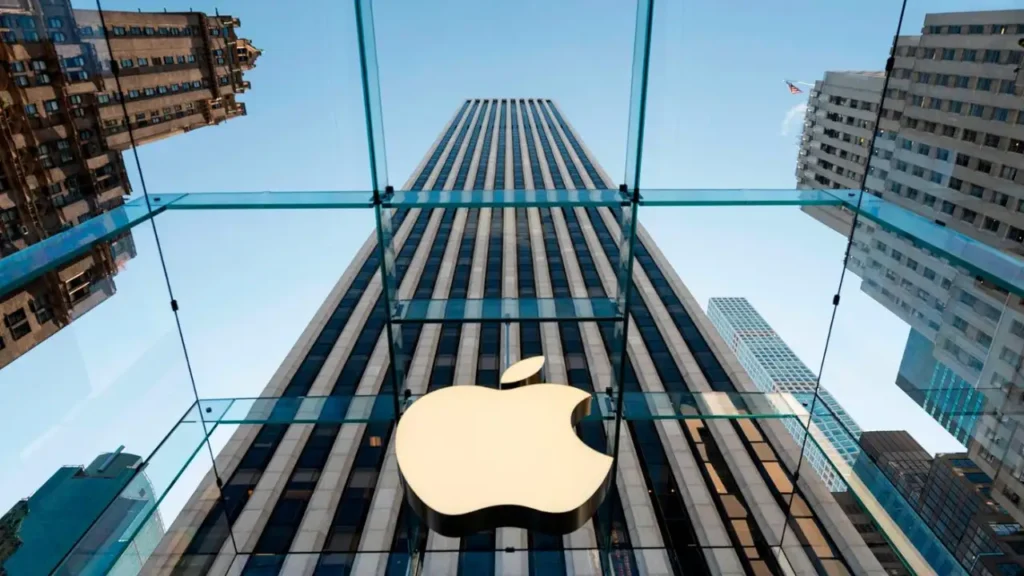If you’re wondering whether the new Apple A19 chip is really better than last year’s A18 chip, you’re not alone. The battle of Apple A19 vs A18 is top of mind for iPhone users and tech lovers everywhere. With every new iPhone release, Apple packs in a shiny new processor but what does it actually mean for you.

This blog breaks down the real tech differences between A18 and A19 chipsets in simple terms. No jargon. Just real-world performance value AI capabilities and gaming improvements you can actually feel.
Let’s unpack what makes the A19 different and whether it’s worth the upgrade.
What is Apple A19 and why it matters
The Apple A19 chip is expected to power the iPhone 17 lineup and is built using TSMC’s second-generation 3nm process known as N3E. Compared to the Apple A18 which was made using the first-gen 3nm (N3B) node the A19 brings better power efficiency and thermal performance.
Apple A19 vs A18 Quick Comparison
| Feature | Apple A18 (N3B) | Apple A19 (N3E) |
|---|---|---|
| Fabrication Process | TSMC 3nm (N3B) | TSMC 3nm Enhanced (N3E) |
| CPU Performance | Fast | Up to 15% faster |
| GPU Architecture | 5-core GPU | Next-gen GPU with ray tracing |
| AI Neural Engine | 35 TOPS | 45+ TOPS (estimated) |
| Power Efficiency | Good | Even better (10-20% gain) |
| Thermals | Slight throttling under load | Improved thermal control |
“The shift to N3E from N3B isn’t just about shrinking transistors—it’s about smarter energy use and better sustained performance for AI and gaming” — Chip Designer, ex-Apple Silicon Engineer
How does the A19 work better for real-world users
Instead of just looking at synthetic benchmarks, let’s focus on how this chip helps you day-to-day
- Gaming – A19’s new GPU supports better ray tracing and faster rendering in AAA games like Genshin Impact
- AI – On-device AI tasks like Siri responses image editing or auto-translations are quicker and more battery-efficient
- Camera – A19 enables real-time video enhancements and smart image segmentation for better portraits
- Battery – The A19 helps the iPhone 17 last longer on a single charge compared to iPhone 15 Pro with A18
If you care about gaming, battery or AI features the A19 might be a smarter upgrade than just waiting for new iPhone design changes.
Real-world Use Cases Where A19 Wins
- Video Creators – Better ProRes editing on-device with less heat
- Mobile Gamers – No frame drops even after long sessions
- Students & Professionals – Faster multitasking across apps with fewer slowdowns
- Everyday Users – Smarter Siri and keyboard suggestions with less lag
Why is the A19 important in 2025’s AI world
AI is not just about chatbots now. Apple is deeply integrating its Apple Intelligence features across devices. The A19 chip is designed to support advanced on-device AI inference with higher TOPS (trillions of operations per second).
If you plan to use Apple Intelligence for writing assistance image generation or proactive app suggestions the A19 has a big edge over the A18.
Pros and Cons of Apple A19 vs A18
A19 Pros
- Better battery life
- Superior AI performance
- Faster graphics for gaming
- Improved thermal efficiency
A19 Cons
- May offer only incremental gains for casual users
- Likely only available on iPhone 17 Pro series initially
A18 Pros
- Still very powerful for daily use
- Available across broader iPhone 15 and 16 models
A18 Cons
- Lower AI processing power
- Slightly higher thermal throttling under sustained load
Final Thoughts Should You Care About A19
Apple A19 is not just a spec bump over A18. It reflects a shift toward AI-first hardware in mobile devices. If you’re planning to buy the iPhone 17 Pro or use future Apple Intelligence tools heavily the A19 is built for that world.
But if you already use an A18-powered device and aren’t a power user there’s no pressure to upgrade just yet.
Would you explore the Apple A19 chip in your next phone Let us know in the comments.







